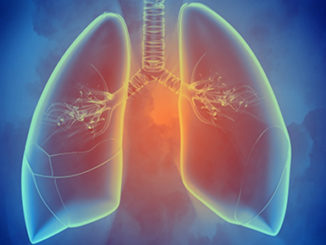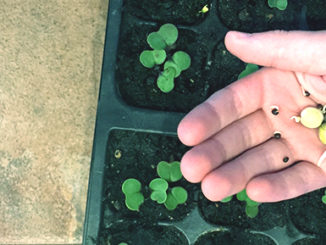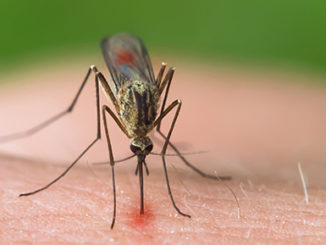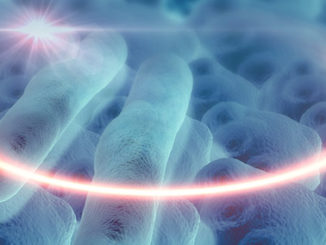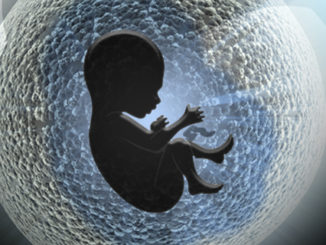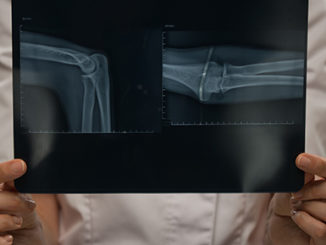Epigenetics Involved in Improving COPD Treatment
Breathing can be difficult for millions of people around the world who have COPD. While there are available treatments that can reduce the symptoms of this condition, one major barrier to their effectiveness is corticosteroid resistance. The mechanisms that contribute to this type of resistance are unknown, but recent evidence suggests that certain epigenetic factors may play a role. COPD (or chronic obstructive pulmonary disease) is a term used to describe progressive lung diseases including chronic bronchitis and emphysema. Long-term [more…]


